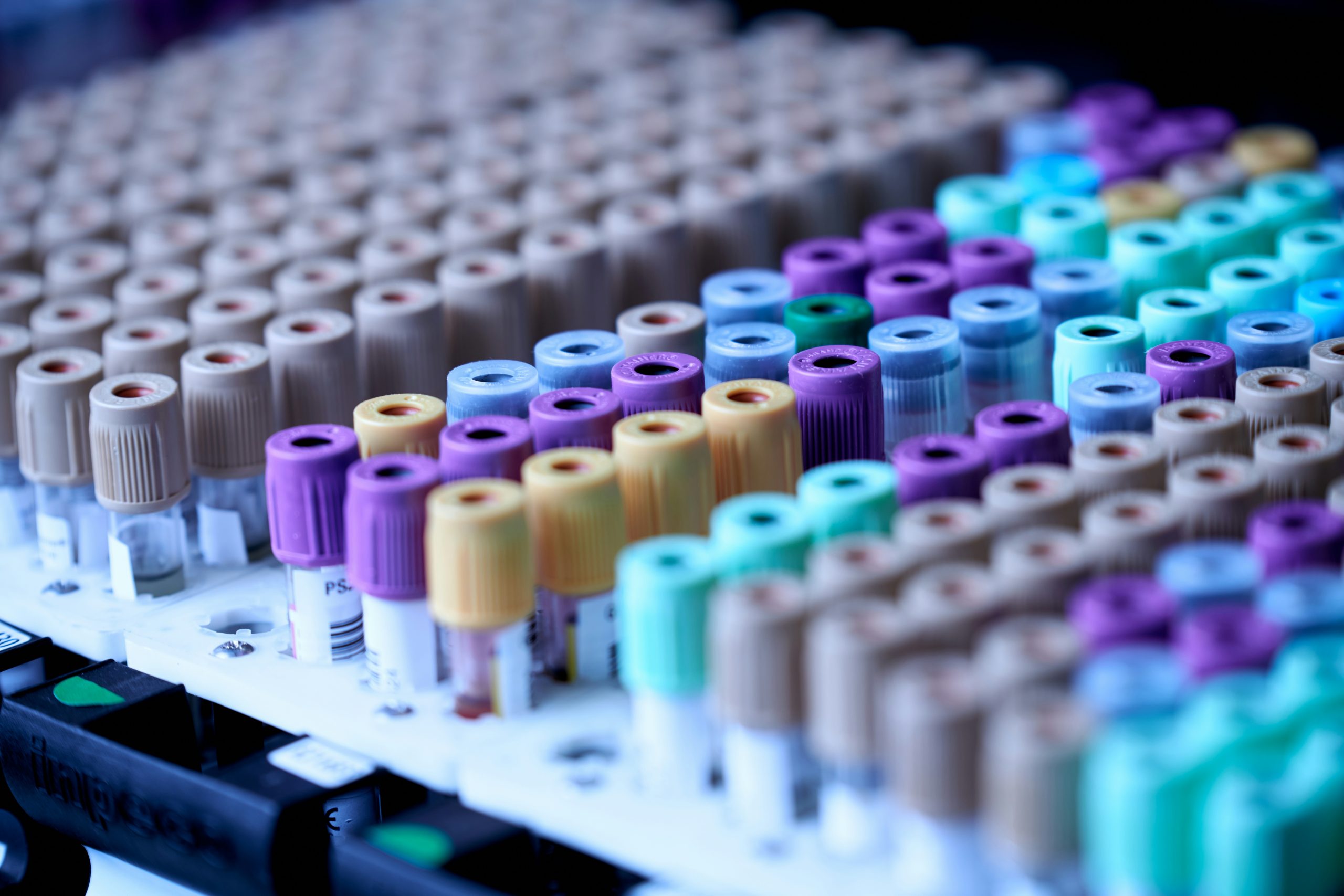At-Home Diagnostic Tampon to Hit High Street

A diagnostic tampon designed for gynaelogical health screening at home is now available to buy at Boots in the UK.
Daye, a gynaelogical health startup, have said that tampons have long been overlooked as merely a menstrual care product, and have redesigned them into an easy-to-use device to screen vaginal health.
Unlike conventional screening methods such as swabs and speculums, Daye’s diagnostic tampon collects more vaginal fluid than a standard swab, and is ultimately more comfortable for the patient.
The company, which sells a range of menstrual health products ranging from sanitary pads to period pain CBD balm, also claim that the product is more reliable as it covers the whole vaginal canal, enabling it to detect a range of infections.
Daye’s diagnostic tampon can screen for:
- Fertility-inhibiting pathogens
- Vaginal infections such as thrush and bacterial vaginosis (BV)
- Sexually transmitted infections (STIs), such as chlamydia and gonorrhoea
- Perimenopause and menopause-related changes in the microbiome
- The overall health of the vaginal microbiome
Valentina Milanova, Founder and CEO of Daye, said:
We’re delighted to make convenient, non-invasive gynaelogical health screening available to Boots customers and help diagnose and treat more patients, especially in light of the concerning 24% year-on-year increase in STIs in the UK post-COVID.
Patients results will be used to advance gynaecological care
To use the kit, patients insert the provided tampon and leave it for a minimum of 20 minutes, or up to eight hours. The used tampon is then placed into a sterile pouch which, once shipped back to one of Daye’s UKAS-accredited partner labs, can be tested with results ready in 5-10 days.
The kit is designed to be used by anyone who wants to understand their risk of vaginal infections including thrush or bacterial vaginosis, STIs, fertility implications, or other health complications.
As such, the kit can be used by those that are pregnant, menopausal, or on long-term contraception. Unlike traditional tampons, the diagnostic tampon is not designed to be used during menstruation, so that the microbiome is in a stable state to avoid inconclusive results.
Results are made available to patients online, and not only detail each finding, but explain what they mean and signpost for further treatment if necessary.
According to their website, the patients’ data is de-identified and double-encrypted to anonymise results, before it is ‘shared pro-bono with research institutions like Liverpool Women’s Hospital for one purpose only: to advance gynaecological health and bridge the gender gap in medical research’.
The company says that so far, 54% of the people who have used the diagnostic tampon are getting screened for the first time, demonstrating that the service is able to reach underserved patient populations.

